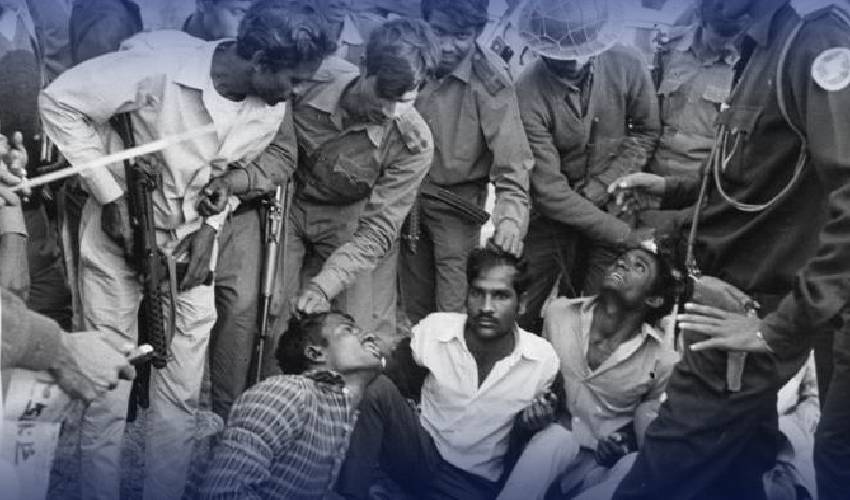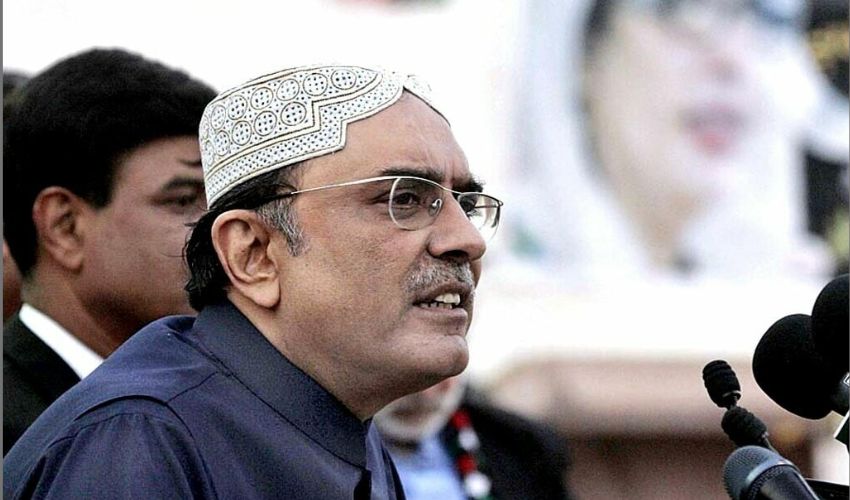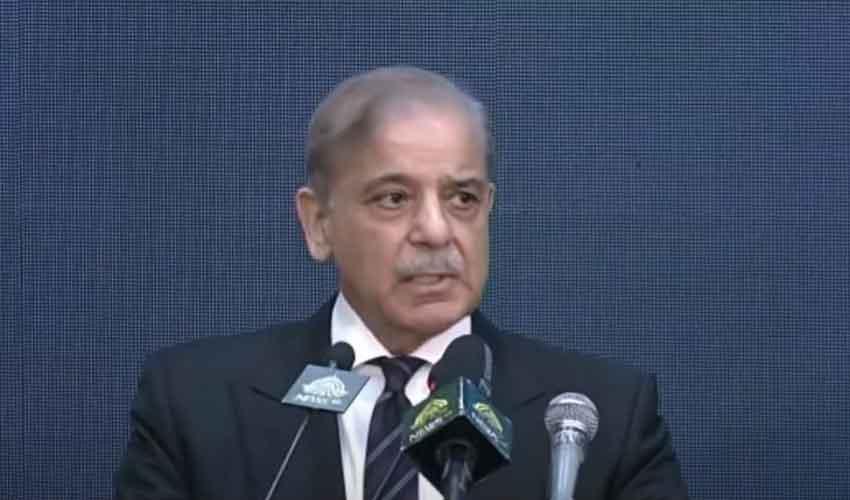Following Pakistan's military success in the 1965 war, India developed a new politico-military strategy aimed at internal destabilization of East Pakistan, documents reveal.
The strategy materialized through the formation of Mukti Bahini, an organization that received comprehensive support from India's intelligence agency RAW. Training operations were coordinated through a central headquarters in Kolkata, under the supervision of Rameshwar Nath Kao.
Official records indicate the establishment of six major training facilities across India, each commanded by an Indian Brigadier. These camps were strategically located in West Bengal, Bihar, Tripura, and Assam, where approximately 100,000 operatives received military training.
The Murti Camp in West Bengal operated under Brigadier Joshi's command, while the Rai Ganj facility was supervised by Brigadier Prem Singh. Chakolia Training Center in Bihar functioned under Brigadier N.A. Naik's leadership, and the Debtamur camp in Tripura was commanded by Brigadier Shah Beg Singh. The Masimpur installation in Assam was directed by Brigadier B. Wadia.
Historical documents confirm that 800 officers underwent specialized training at the Indian Military Academy in Dehradun. An additional contingent of 600 operatives received specific training for maritime operations targeting East Pakistan's ports.
Active-duty Indian military officers, operating in civilian clothing, provided direct operational guidance during field missions. The comprehensive training program reflected India's strategic shift following the 1965 war, emphasizing internal destabilization through trained operatives.



























